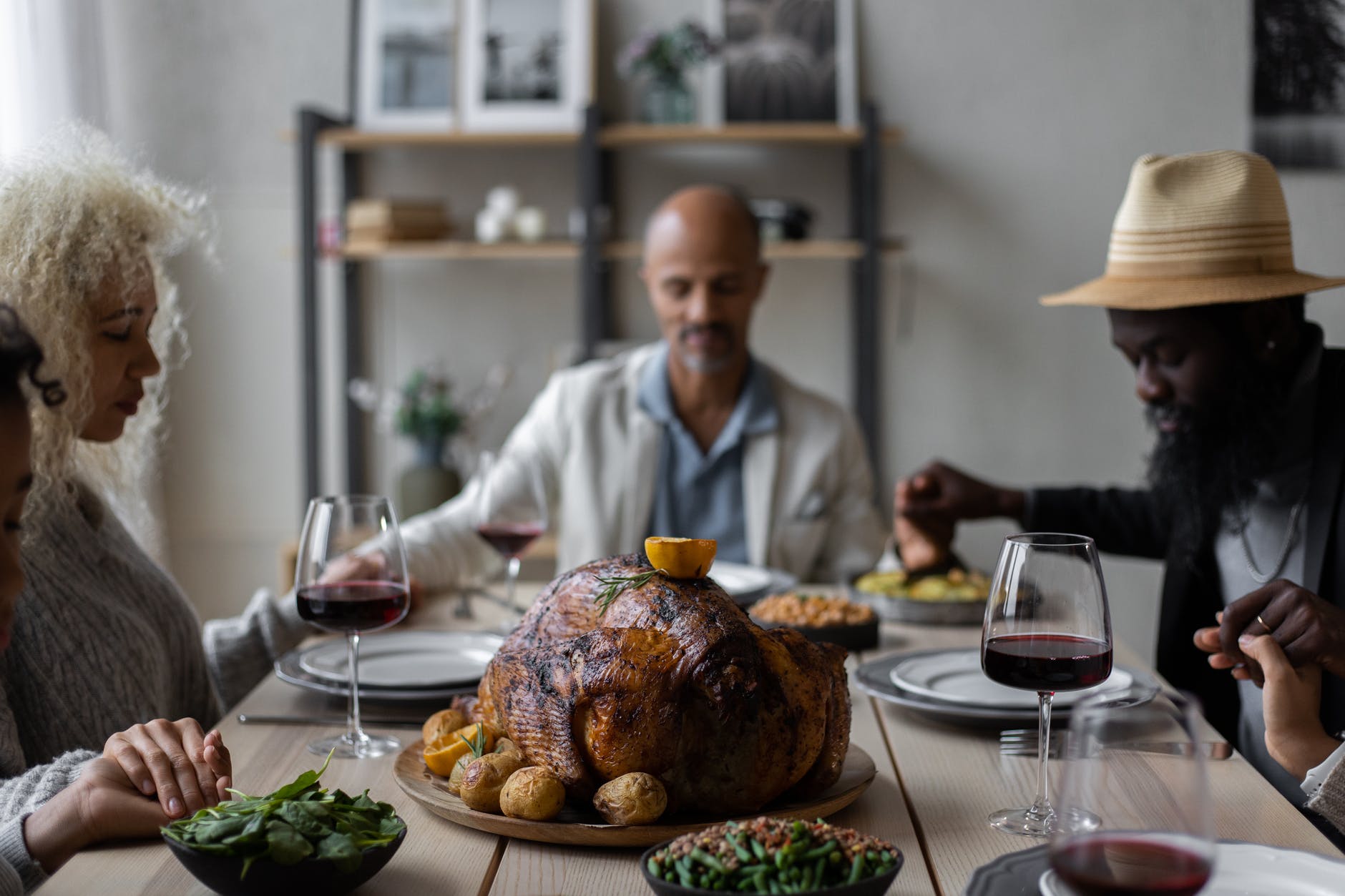Thanksgiving Tradition: Giving Thanks to God

Thanksgiving is the time of year where we gather with family and friends eating our favorite meal, watching our favorite movies, and telling each other what we are thankful for. The Thanksgiving tradition has been celebrated in America since 1863 after former President Abraham Lincoln declared it a national holiday. Before it was celebrated as a national holiday, it was celebrated by individual colonies and individual states.
The first known Thanksgiving was celebrated back in the fall of 1621 with the New England Colonists known as “Pilgrims” together with the Native Wampanoags people. The feast was also called “autumn harvest festival” and was celebrated because the Pilgrims had their first successful harvest that year in their new homeland. The Pilgrims who celebrated the feast were primarily a religious group of Separatist Puritans who came to the American Colonies from England to escape persecution and seek religious freedom from the Church of England. [1]
After the death of Queen Elizabeth I, King James I became king and created a law that made it a crime to practice religion outside of the Church of England. The Separatist Puritans did not agree with the Church of England’s religious rituals because they closely resembled the practices of the Roman Catholic Church. They felt the churches had moved away from Christ's teachings, created rituals, and put hierarchies in place that were not part of the teachings of the Bible. [2]
As a result, the Separatists met secretly in different homes to practice what they believed but eventually got caught and put in jail. After being released from jail they decided to leave to escape further persecution from the king and for the freedom to practice what they believed. [3]
The Separatists first fled to Leiden, Netherlands where they lived for the next ten years before deciding to leave due to poor working and living conditions which began to take a toll on their health. They also left because they thought the Dutch youth were corrupting their children.
After leaving Leiden, they sailed to Southampton, England where they got help from a local merchant to get a patent so they could go and settle in the northern part of the Virginia Colony. On Sept. 6, 1620, they boarded the Mayflower and set sail toward the Virginia Colony which at that time extended all the way to the Hudson River. [4]
The journey across the Atlantic Ocean took about sixty-six days and was not perfect for all on board. Some suffered from seasickness, at least one person died, they encountered some rough waters due to storms and were almost shipwrecked. There were 102 Pilgrims on board that landed near Cape Cod in November of 1620. After landing, they took a month to explore the land before deciding to stay and build their new plantation calling it Plymouth Colony. [5]
The Pilgrims had a lot to be thankful for that year and the next. First, they made it to their new homeland and had the freedom to practice what they believed without persecution. Second, they also had their first successful harvest the following year even though half of the people died during the harsh winter. They were also blessed to encounter Native Americans who helped them learn how to plant corn, catch fish, and gather fruit. [6]
After making it through that first year, the colony’s governor, William Bradford, organized a celebration feast to give thanks to God for all He had blessed them with. Bradford invited their new Native friends which included Wampanoag’s chief, Massasoit. The feast lasted for three days and is now remembered today as American’s first Thanksgiving. [7]
